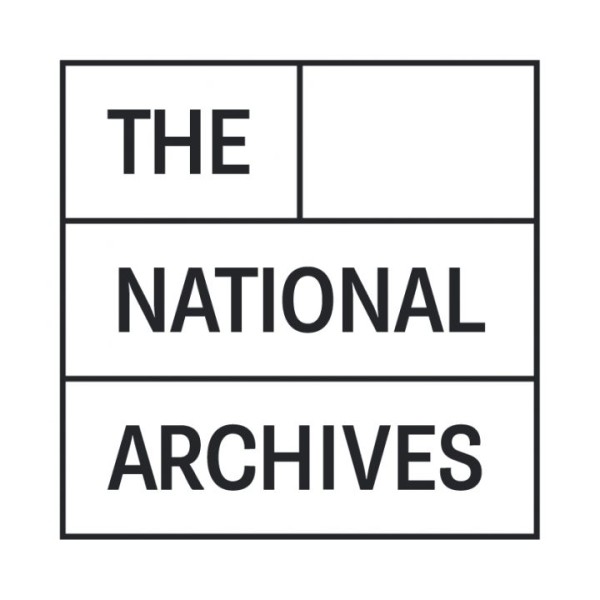
Publishing Editor
- Public sector
- London
- 18/04/2024
- £29850.00 /yearly
- Full Time & Permanent

Location
Job Type
Salary
Date Posted:
Expiration date:
Job ID
Work Location
The National Archives is looking for three publishing editors to join its Find Case Law service team at Kew.
The National Archives is responsible for providing public access to Court Judgments and Tribunal Decisions, receiving them for long-term preservation in our digital archive and publishing them on our Find Case Law service. You will join the Find Case Law service team as a publishing editor, becoming part of a small team responsible for the day-to-day publishing of court judgments and tribunal decisions.
About the role:
Court records are vital public records. Since the founding of the Public Record Office in 1838, court records have been a large and central part of The National Archives collection. From a record keeping perspective, judgments are the most important records of the courts. The judgment records the facts of the case, the decision of the court and the reasons for the decision. Judgments are also an important source of law. In legally significant cases that develop the law, judgments are as important as legislation.
As a Publishing Editor, you will assist the wider Publishing team with the timely publication of judgments and decisions, working closely with the senior editors in dealing with any issues that may arise. You will collaborate with the wider publishing and development team to ensure that effective and efficient systems are in place for managing the publishing of new judgments and tribunal decisions. You will also help manage and correct issues in the legacy data The National Archives has received for preservation and publication.
About you:
You will enjoy working as part of a team, supporting and learning from your colleagues as well as working independently to review and publish judgments quickly and accurately. You will be responsive and flexible in your approach to meeting the priorities and demands of the courts.
You will have outstanding attention to detail and a good appreciation for the proper administration of justice.
You will be a source of advice for judicial and public service users, advising judges and clerks about the publishing process. You will have good communication skills, engaging a range of service users through email correspondence and phone / video calls.
This is a full-time post. However, requests for part-time working, flexible working and job share will be considered.
The Find Case Law team is based within the Digital Archiving Department at TNA, it is a supportive, welcoming department made up of several multidisciplinary agile teams, focused on delivering services that make it possible for everyone to uncover the evidence held within our important records.
Our place of work is in the beautiful surroundings of Kew, a 10-minute walk from Underground and Overground stations. A combination of onsite and home working is available, and applicants should be able to regularly travel to our Kew site for a minimum of 60% of their work time.
We put people at the forefront of our organisation and are committed to enabling professional development and training for all our colleagues.
We would particularly like to encourage applicants from backgrounds currently underrepresented in archives, including those who identify as Lesbian Gay Bisexual Transgender (LGBT+), from Black, Asian and minority ethnic cultural backgrounds, those who are neurodivergent, and those with hidden or visible disabilities.
Our strategy sets out our ambition to be an inclusive, entrepreneurial, and disruptive archive. We are keen to explore the widest possible pool of talent for all our roles.
How to apply:
If you are an internal applicant: please do not use the link on this page. Please apply via your employee Workday account.
If you are an external applicant: to submit your application please click the 'Apply at advertiser's site' button on this page.
You will be asked to provide details of your work experience and write a personal statement. In your personal statement please explain, using examples, how you meet the essential criteria given below. You may draw on knowledge, skills, abilities, experience gained from paid work, domestic responsibilities, education, leisure interests and voluntary activities. Please note selection for interview will largely be based on the information you provide in this section.
Essential criteria:
Desirable criteria:
Reasonable adjustments:
If a person with disabilities is put at a substantial disadvantage compared to a non-disabled person, we have a duty to make reasonable changes to our processes.
If you need a change to be made so that you can make your application, you should:
This job is broadly open to the following groups:
| Publishing Editor JD Apr 2024 Opens in new window (docx, 36kB) |
We use necessary cookies to help our site function. We’d also like to use analytics cookies that help us make improvements by measuring how you use our website.
For more detailed information about the cookies we use, see our Cookies page.
Necessary cookies
Necessary cookies enable core website functionality such as network management, security and accessibility. You may disable these by changing your browser settings, but this may impact how the website functions.
Analytics cookies
We’d like to collect website analytics cookies information using Google Analytics to help us improve our website. We collect this data by running Google Analytics JavaScript on your device, which collects data about how you interact with our site. The data is collected in a way that does not directly identify anyone. For more information please see our Cookies page.
